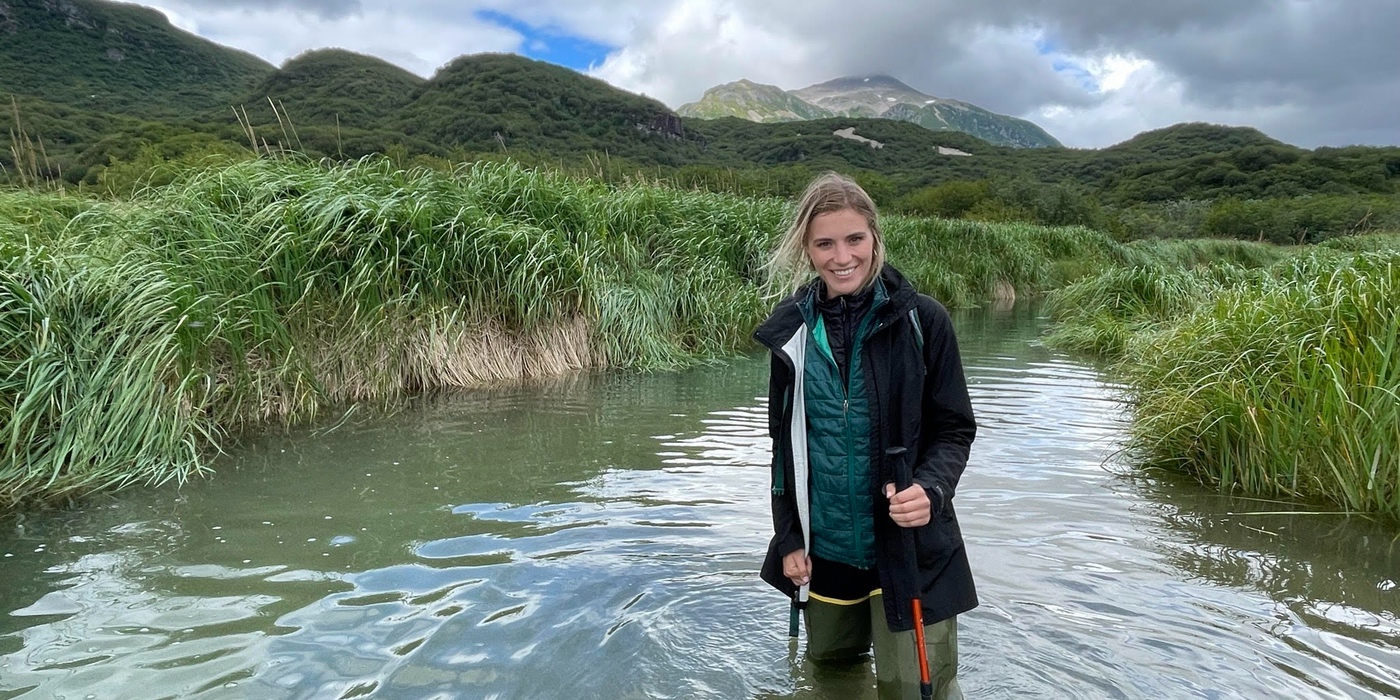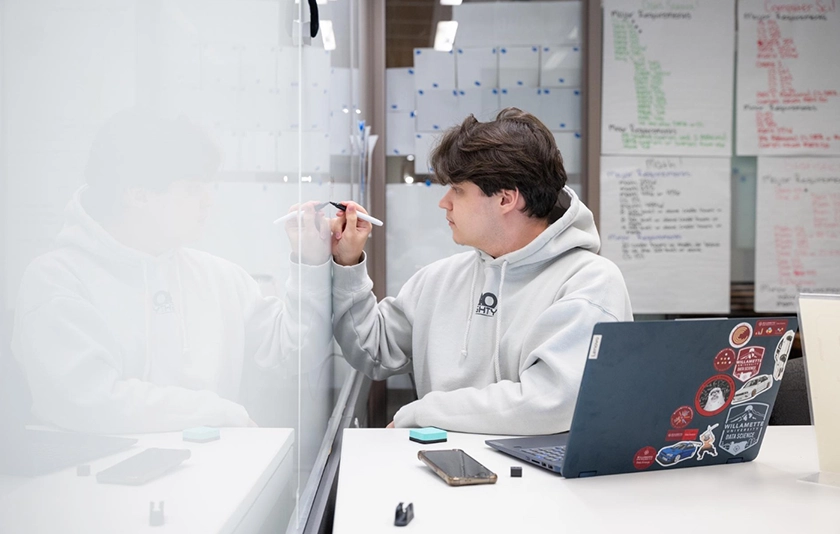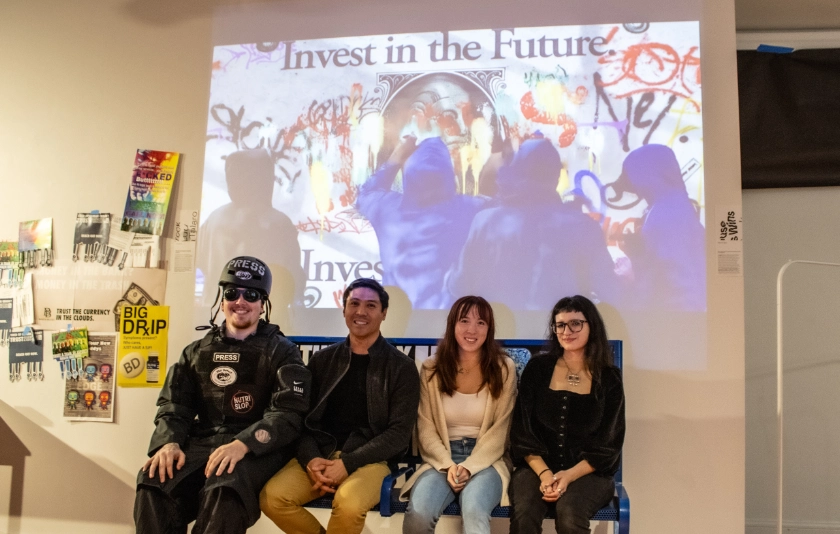Anelise Zimmer BA’16 brought her passion for the environment from her hometown of Kodiak, Alaska, to Willamette University where she was an Environmental and Earth Studies major and Politics minor. That passion, along with her studies and support from faculty has helped her land her dream position at The Pew Charitable Trusts in Washington, D.C. As a principal associate for Pew’s Protecting Coastal Wetlands and Coral Reefs project, Zimmer combines her passion for climate change with her interest in international relations, both of which she pursued as an undergraduate at Willamette.
“A lot of my experience at Willamette was in the Environmental Science Department, going to do field work and teaching science in local elementary schools as a Webber Scholar,” Zimmer says. Through courses with associate professors of environmental science Melinda Butterworth and Katja Meyer on climate change, she encountered the global aspects of the field, like environmental justice and public health. “There’s a lot of great international relations work to be done. It’s a global problem, and the career path it opened up made me realize I didn’t have to focus on one specific species or region.
“I could combine my interests and make a big difference,” Zimmer says. “At least, I hope so.”
It’s a good thing that Zimmer is also passionate about travel. After graduation, she spent a summer as a park ranger in Alaska, then earned a Fulbright grant to teach English in Malaysia for a year. After working in Seattle doing environmental compliance for a seafood company, she pursued her master’s of Environmental Management at Yale.
“At Yale, I wanted to study coastal ecosystem conservation and science and international climate policy, and I thought that was maybe a lofty goal. But I had set my sights on this team at Pew during my first year of grad school.”
She got her dream position — and loves it. “This work incorporates coastal ecosystem protection into international climate policy,” Zimmer says. “We support the inclusion of coastal wetland ecosystems into countries’ commitments to the United Nations’ 2015 Paris Agreement,” Zimmer says. The agreement established the framework through which countries commit to reducing carbon emissions and building resilience to climate change impacts.
Zimmer seems to have landed in just the right spot: “I love that I get to work on something that I think is the challenge of my generation, and probably many generations to come,” she says. “I love that my work is solutions-oriented. And I still get to learn, too. I’m surrounded by really smart people.”



